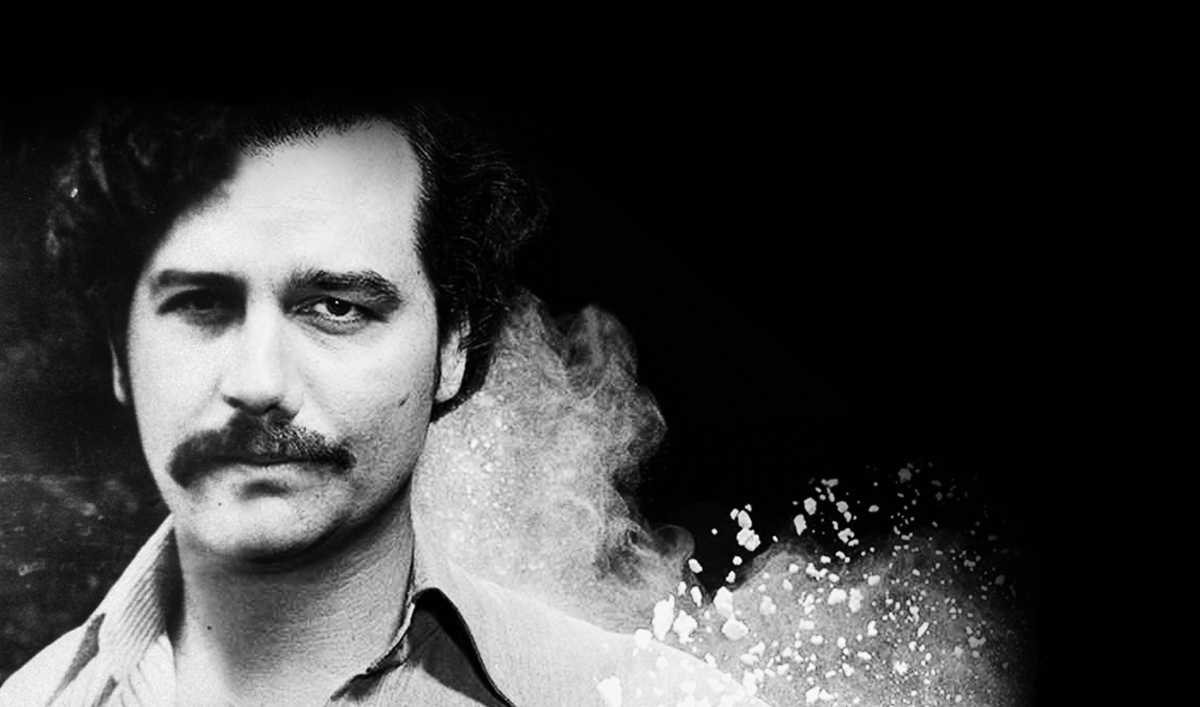José Arias had to take a document to a government office in Medellin, Colombia on Dec. 7, 1989. But the day before, Pablo Escobar, the richest and most feared drug lord in history, camouflaged 500 kilograms of dynamite in a bus parked in front. The detonation of the bus destroyed all 19 floors, killed 63 persons and razed 300 commercial establishments in the surrounding area.
“I was alive for only one day that I missed. It was completely disastrous,” said Arias.
His whole childhood was marked with incidents like this one. The Medellin Cartel was at its peak, supplying 80 per cent of the world’s cocaine market and controlling Colombia with fear—and Escobar, he was sitting on a golden throne counting his millions and admiring the chaos.
Arias has vivid memories of that time. “All of them sad unfortunately.”
Surpasses Game of Thrones
By the 1990s Escobar was the wealthiest criminal in history with a net worth of $30 billion US and an army of hitmen working for him. His cartel operated in Bolivia, Colombia, Honduras, Peru, the United States, as well as Canada and Europe. The number of people who died by his order is approximately 6,000.
However, ever since Escobar’s death, soap operas, TV shows, and movies have been produced about his life. The entertainment industry is transforming him into a hero, a legend, and fomenting a culture that admires gangsters and drug lords. The TV series Narcos is taking Netflix by storm with even more views than the Game of Thrones, according to Netflix.
Other drug lords are looking for the same kind of immortality. El Chapo Guzman, the leader of the Sineloa Cartel and the most looked for criminal after Osama Bin Laden, secretly met with famous actor Sean Penn to make a Hollywood blockbuster about him.
Colombians, like Arias, affected by this drug lord are questioning how this can be. How can the world admire a murderer that brought Colombia to its knees and tarnished the country’s as well as its people’s reputation forever?
Masking the truth
This past Hallowe’en, many dressed up as Pablo Escobar–even children, as if he were a superhero worth looking up to. Luisa Ospina Restrepo is a third-year journalism student from Colombia. She says people think of Narcos simply as entertainment, while it is something her country is still suffering from.
“Drug dealing is not something to be proud of. I don’t think the shows really show that side. They don’t really show the pain and the suffering.”
She says one of the most terrible things Escobar has done to her country is create a negative stereotype of Colombians.
“When I moved here, I had a teacher who made very judgmental comments. ‘You come from the country where cocaine comes from.’ I didn’t know a lot of English so I couldn’t answer back,” she said.
Kids in school would compare her to drug dealers.
“It’s always been hard because people don’t know the whole background history about it, they don’t know the amount of pain that Colombians carry with that stereotype,” said Ospina.
Arias agrees. “We Colombians were pretty much the last 30 years carrying on our shoulders that bad fame. People are immediately thinking of me as a drug dealer.”
Both Arias and Ospina have been through terrible incidents in airports. Security officers become adamant in the belief they are carrying drugs in their luggage simply because of their passport.
“People that made fantastic fortunes with the drug dealing business are pretty much living in another country with probably another passport. But for the rest of Colombians, we are carrying on with that bad fame,” said Arias.
Death falling from the sky
Escobar’s dream was to become Colombia’s president. Because his well-known crime history made this impossible, he killed the leading presidential candidate of the 1989 election during a campaign speech a block away from Arias’ home. If he couldn’t have it, no one should. He also ordered one of his men to place a bomb near the fuel tank of an aircraft. It exploded five minutes into flight – 107 people on board were killed and three people on the ground also died from falling debris.
“That plane was 13 kilometers above my home and we saw when it was on flames in the sky. Parts of it actually fell on my floor,” said Arias. “People in Colombia were living with fear to even go outside their own houses.”
Heartless criminal, not a hero
Natalia Gutierrez is a political advisor of the Colombian House of Representatives. She graduated from STU last year with a political science and great ideas major. According to her, many people admire Pablo Escobar because of the power he attained and his cunning – even if he used it for bad ends.
“I would say that he was the most powerful man in Colombia and he used his power to fool American authorities in order to attain his objectives. Others greatly admired him because he gave money and houses to the ones in need… but what people do not know or tend to ignore is that he caused unprecedented violence in Colombia. Escobar was a heartless criminal and not a hero.”
Gutierrez points out that these shows incite violence, depict criminals as heroes, and, whether they intend to or not, teach young viewers that crime is the path not only to money but immortality.
“They become part of a vicious circle that starts at home and then becomes a reality in the streets.”

